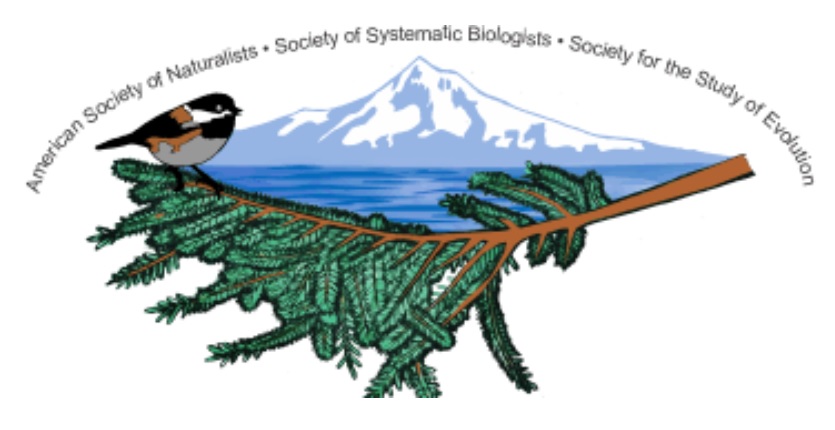 Paul Beardsley
Paul Beardsley
Dr. Paul Beardsley (PhD, University of Washington, plant evolution) is an award-winning Associate Professor of Biological Sciences at Cal Poly Pomona (CPP) with a joint appointment in the Center for Excellence in Mathematics and Science Teaching. Beardsley directs the majors’ introductory biology courses and directs the Bio-Learning Assistant Program. At CPP and a previous position at BSCS, he developed evolution-related curricula for K-college, including projects funded by NSF, NIH, USDoE, NASA, private foundations, and HHMI. Highlights include being the lead curriculum developer for the Teaching Evolution through Human Examples NSF project, PI and lead author of NIH’s Evolution and Medicine curriculum supplement, and author and lead science educator for BSCS Biology: A Human Approach (4th edition) which included a major revision to the evolution unit. His current work includes serving as the lead curriculum developer for the NSF-funded Learning Unity and Diversity in Alabama project, Co-PI, faculty team leader, and research director for a current NSF MSP partnership developing elementary teacher leaders and exemplary science lessons with Pomona Unified School District, senior personnel for a DoE grant supporting undergraduate research, and Co-PI of an NSF grant to support inclusive excellence in Bio’s Masters program. As a biologist, Beardsley has worked on molecular plant systematics and ecological genetic questions extensively in monkeyflowers.
 Phil Gibson
Phil Gibson
Phil Gibson is an Associate Professor in the Department of Microbiology and Plant Biology and the Department of Biology at the University of Oklahoma. He Currently teaches large introductory biology courses for life science majors, smaller introductory courses for non-majors, and an upper division course in economic botany and field sampling techniques. He uses active, inquiry-driven learning in all of these courses. He has written a number of case studies, developed laboratory activities, and produced videos for flipped case studies and flipped labs. He was awarded the Thomas Henry Huxley Award by the Society for the Study of Evolution for a plant diversity and phylogenetics laboratory exercise he will present at the Evo101 workshop. He is a Paul G. Risser Innovative Teaching Fellow and Associate Director of Education at the Kessler Atmospheric and Ecological Field Station. He was recently awarded the 2017 Charles Edwin Besey Teaching Award and the 2017 Samuel Noel Postlethwait Award from the Botanical Society of America for his work in botanical and STEM education.
Phil received his B.S. in Botany from Oklahoma State University, M.S. in Botany from the University of Georgia, and Ph.D. in Environmental, Population, and Organismic Biology from the University of Colorado.
 Gaby Hamerlinck
Gaby Hamerlinck
Gaby Hamerlinck is a postdoctoral fellow with BioQUEST, supporting Faculty Mentoring Networks for the QUBES project. Dr. Hamerlinck earned a B.S. in Mathematics and Biology from Augsburg College and her Ph.D. in Biology from the University of Iowa in 2015 where her research focused on the ecology and evolution of insect host – parasitoid relationships. Current research interests include STEM education, with a focus on the effect of professional development on the scholarship of teaching and learning.
 Hannah Highlander
Hannah Highlander
Hannah Callender Highlander earned a B.A. in Mathematics with minors in Computer Science and Music from Wesleyan College, and an M.S. and Ph.D. in Mathematics with an emphasis in Mathematical Biology from Vanderbilt University. She then worked as a postdoctoral fellow at the Institute for Mathematics and its Applications at the University of Minnesota. Her primary research interests include mathematical modeling of cellular and molecular processes and infectious diseases, sensitivity analysis, and mathematical biology education.
 Kristin Jenkins
Kristin Jenkins
My areas of interest in science education are evolution, nature of science and quantitative reasoning. I have been working with BioQUEST since 2007, and have been the director since 2011. At BioQUEST, I develop and deliver professional development programs for high school, 2 year, 4 year and future college faculty. Currently, I am involved in developing and supporting the Mentoring Networks for the QUBES project, which focuses on enhancing quantitative biology undergraduate education. I am also working with NABT on the B2 Scholars project which is designed to enhance the scholarship of two year faculty in education and biology practice. I also have several projects around evolution education with the UW Madison Crow Institute for the Study of Evolution, the European Society for the Study of Evolution and BEACON including adapting curriculum materials the Crow Institute uses for outreach to be accessible to visually impaired students, and the development of an assessment tool for basic tree thinking skills. I earned my B.A. in Biochemistry and Cell Biology at the University of California, San Diego, and my Ph.D. in Molecular and Cellular Biology at the University of Arizona.
 Louise Mead
Louise Mead
Louise is an evolutionary biologist with a broad range of teaching and administrative experience. Louise started her career as a high school science teacher and then earned a PhD in Organismic and Evolutionary Biology from the University of Massachusetts. She spent four years as the Education Project Director for the National Center for Science Education (NCSE), and is currently the Education Director at the BEACON Center for the Study of Evolution in Action, holds an adjunct appointment in Integrative Biology, teaches undergraduate biology and evolution, and is leading two education-related projects - Collaborative Research: Scientific Data in Schools: Measuring the efficacy of an innovative approach to integrating quantitative reasoning in secondary science; Collaborative Research: Connected Biology: Three-dimensional learning from molecules to populations.
